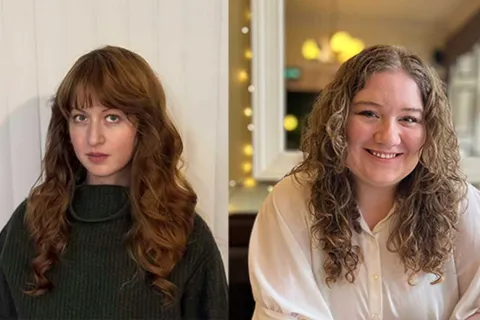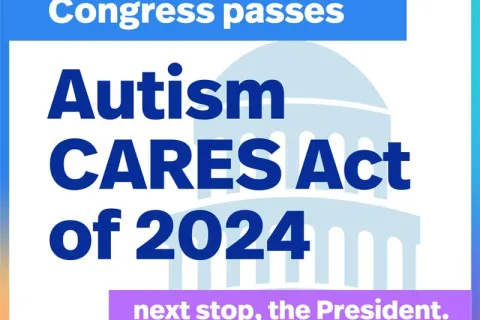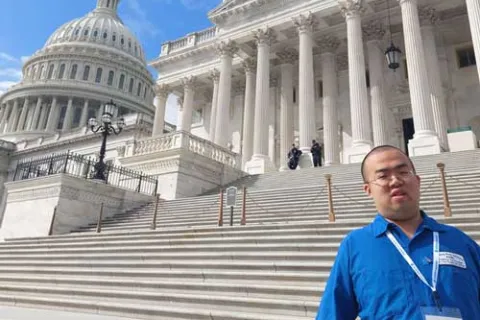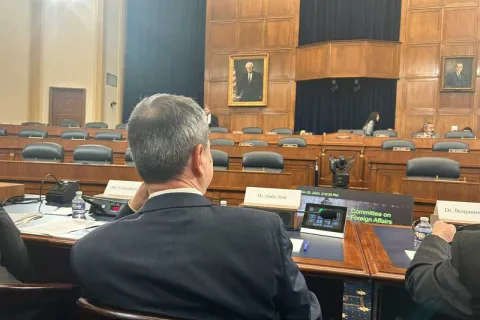Researchers report findings on getting autism treatments into diverse communities
May 21, 2021After a year of increased mainstream attention on racial and other social inequities, research presentations on Day 3 of the International Society for Autism Research annual meeting included findings related to getting autism care and knowledge into diverse communities.
A series of presentations by panelists looked at access to services for different minority and ethnic groups as well as in international communities.
“Getting autism care and knowledge into communities means better access for children and adults with autism, and ultimately better outcomes,” said Thomas W. Frazier, Ph.D., chief science officer for Autism Speaks. “These studies highlight the creative ways that researchers and providers are trying to distribute knowledge so that communities are better equipped to support people with autism where they live.”
In Washington, D.C., where 80 percent of the children enrolled in Medicaid are Black while only 5 percent are white, researcher Serene Habayeb, Ph.D., of Children’s National Hospital, shared that many children locally faced long waits for diagnostic appointments and did not have sufficient access to autism care.
They found that local early childhood education specialists, who often refer young children for autism evaluation, did not feel they had sufficient autism knowledge. Habayeb’s team studied the effectiveness of a training program for early childhood educators.
Following a four-part training series, the educators felt better equipped to support children with autism in their care, but still reported that timely access to full evaluations and treatments continued to be a barrier for children they did refer for autism evaluation. Many felt that ongoing support in how to help themselves and families navigate the resources for children with autism in their communities would also be helpful.
In bilingual families in Massachusetts, researcher Alice Carter, Ph.D., looked at the factors leading to current disparities for children of mothers who were born outside the U.S. and whose primary language is not English. These children are less likely to be diagnosed before age 3 than other children, and a formal diagnosis is a requirement in Massachusetts to receive intensive interventions.
To understand if provider training could reduce these disparities, Carter’s research team at University of Massachusetts enrolled local providers at early intervention agencies in areas of Boston with large Spanish bilingual populations and trained them on autism screening tools. This also allowed children in the study who met positive screening thresholds to receive an expedited evaluation.
Using a three-stage screening process, the study found that significantly more children made it to an autism evaluation and ultimately, the results showed that the first stage of screening caught significantly more children of color and at earlier ages than national averages, suggesting that it helps to balance disparities for these groups. The average age of diagnosis for children in the study was 27 months, compared to age 5 in national estimates.
In the final panel, Alaa Ibrahim shared the results of an international program that trains parents and caregivers in supporting their child’s development called Caregiver Skills Training (CST). In this particular study of CST, a program developed by the World Health Organization with support from Autism Speaks, the program was deployed in a remote, virtual setting in response to the COVID-19 pandemic. Previously, the CST program has been delivered in-person in 33 countries around the world and is considered an evidence-based practice for developmental care in developing nations and low-resource settings.
Because of the COVID pandemic, researchers looked to implement the CST program virtually, including the training of Master Trainers who actually train local CST facilitators. Two virtual modules for training Master Trainers were tested on their ability to increase trainer’s reliability in scoring and supervising the local group facilitators.
Master Trainers participated from Canada, Egypt, U.S., Iran, Ethiopia and Argentina, in both remote/rural communities and low-resource communities across settings.
Results from the study of this new remote training show that while Master Trainers were more confident on CST knowledge and had beneficial outcomes, overall their reliability in scoring the local facilitators was just shy of the benchmark set by the researchers.
“Remote CST master trainer trainings are promising for future effective, evidence-based remote training,” Ibrahim said.
The study is also the first of its kind supporting community interventionists remotely on scoring reliability, which is critical component of making this virtual model sustainable when implemented in the community and for coaching caregivers on CST skills.







